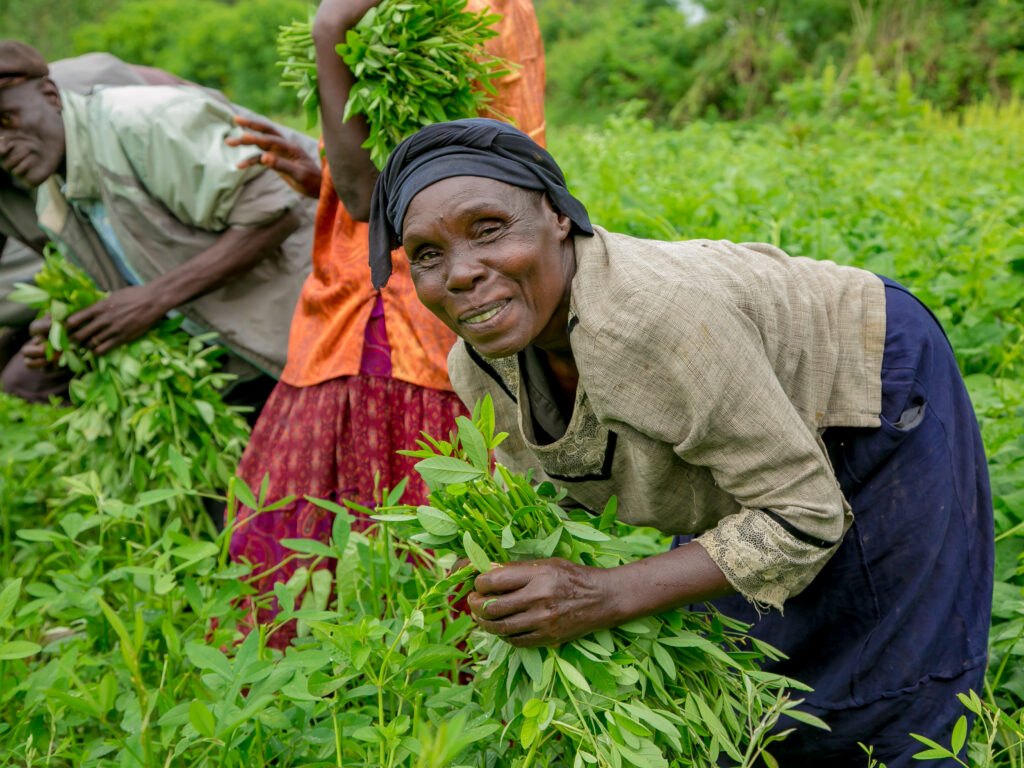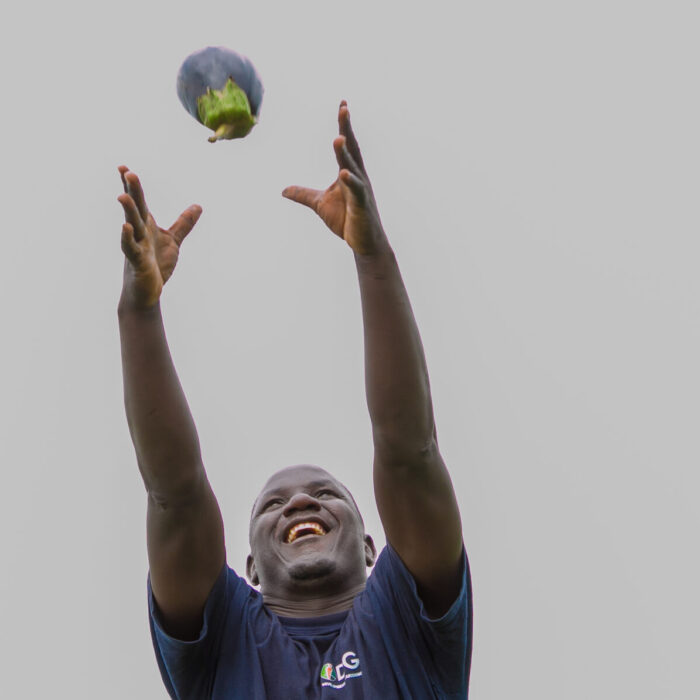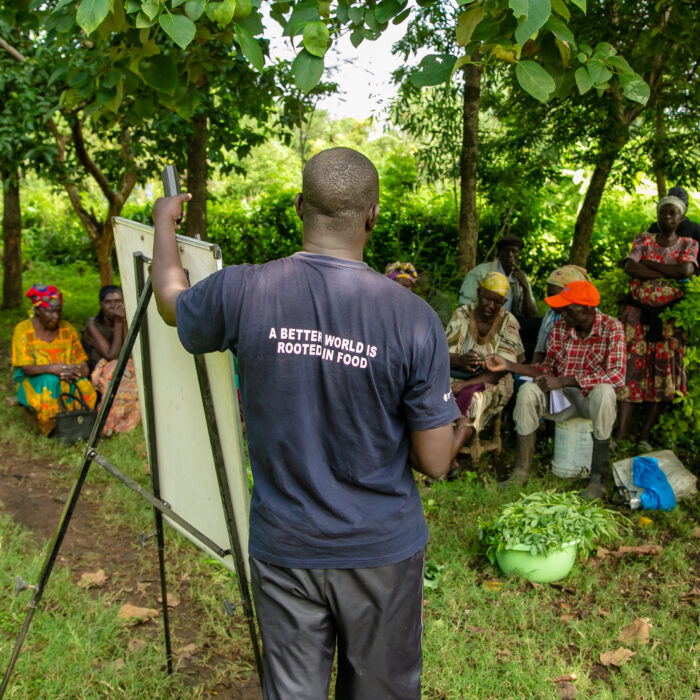
DIG Kenya is Now a Registered Kenyan NGO.
June 4, 2025

June 4, 2025

As foreign aid becomes more uncertain, DIG’s decision to establish DIG KENYA as an independent, locally led nonprofit marks a critical milestone. Local leadership has always been a core value of DIG, and it’s the key to long-term resilience. This shift ensures our work can endure, even as global funding recedes. Learn why this move matters, how it’s shaping DIG’s future in Kenya, and how you can help sustain it. Keep reading below.

This May our endline assessments in Kenya showed a clear view of the impact of our work: not just growth in gardens, but in incomes, community bonds, and farming practices. From doubling vegetable diversity to seeing a 50% drop in food insecurity, these numbers tell a story of transformation. Learn more about these important findings and what they mean for the future of food security in Western Kenya